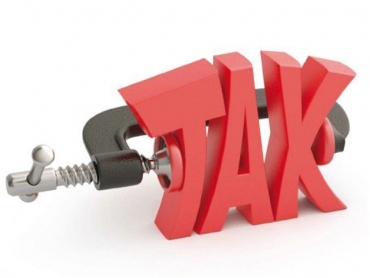Most of the writers are bewildered when it comes to the topic of paying taxes against their income, which leads to a number of queries such as, what can be deducted? What deductions send up a red flag? Will they be audited? And the most important question, how much will they have to pay in taxes? There are a number of freelance legal and tax writers that are available in order to help out other writers. This creates an opportunity for legal and tax freelance or tax content writing jobs.
A few of the following tips can help writers while paying their taxes.
- It is necessary for writers to document and have records for everything that they buy or spend against their writing business, this can be in the form of an excel spreadsheet or week notes on a desk calendar. If the tax officials happen to audit a writer’s return they will ask for the certain level of documentation as a valid proof.
- Another way writers can deduct their taxes is through fees for online coaching, convention entry fees, airfare and hotel costs for conventions, the writer’s domain name, the stock photos for their cover art, their trips to the library etc. The goods brought for promotions can be placed under the ‘advertising purpose’ category.
- If a writer invests in a number of goods while researching for a book, all the expenses will be considered as legit research expenses and can be deducted while filing for taxes. If a writer has already filed his tax returns but didn’t avail of all the deductions he is legitimately entitled to, he can file an amended return.
An amended return is a correction to the original which allows the individual to get an additional refund if applicable and the amount is sent by the officials from the tax department. Even unpublished authors or writers can file for tax deductions, for example if a writer had expenses for the current year but his book won’t be released until the next year, he is applicable to file for returns for the current year and wouldn’t have to worry about a loss of their years business returns because the officials mostly won’t question an occasional loss.
Also, they wouldn’t be able to take into consideration the deductions made in the previous year, as it wouldn’t be applicable. Writers should not take undue advantage of situations wherein they show counterfeit or imitation deductions as much major margin difference between the actual expenditure and deductions will be caught by the tax officials, which makes the writer answerable to them. It is always advisable to hire a legal expert who as much understanding of the systems and its functions as it ensures the smooth flow and organization of the complete process.

